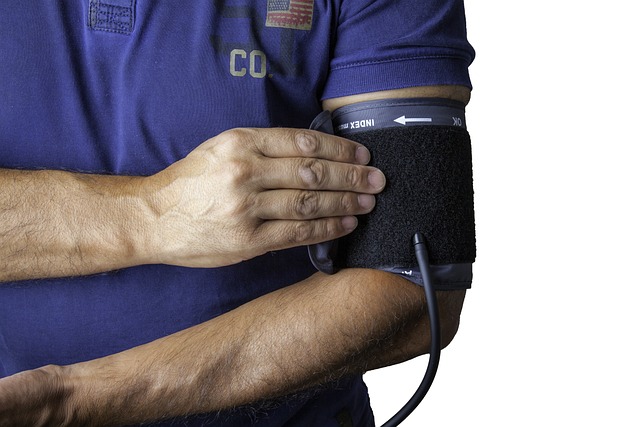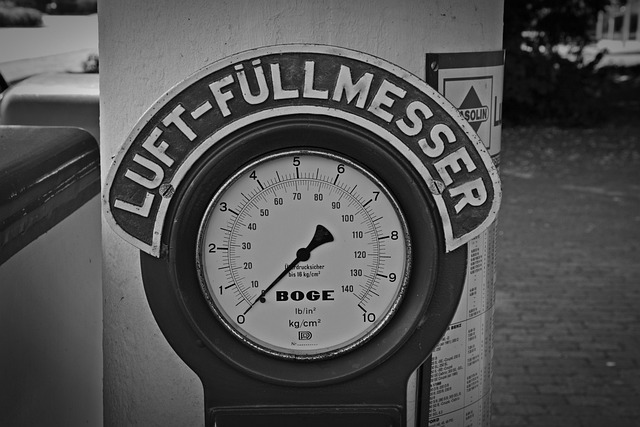Clogged pipes significantly reduce water pressure, impacting daily tasks. To increase water pressure effectively, address clogs with plungers, chemical cleaners, or natural remedies like hot water and baking soda. Regular maintenance, including using water softeners, flushing with hot water and vinegar, and installing drain covers, prevents future blockages. If simple methods fail, consult a professional plumber for complex clogs, following these guidelines for optimal home plumbing.
Water pressure is vital for optimal plumbing performance, but clogged pipes can significantly reduce it, leading to weak streams and low flow rates. This article delves into the impact of blocked pipes on water pressure and offers effective strategies to unclog them. Understanding common causes like mineral buildup and debris accumulation is key to preventing long-term damage. Learn how to restore your home’s water pressure and enjoy robust flows once again with these proven solutions.
- Understanding Water Pressure and Its Impact on Pipes
- Common Causes of Clogged Pipes and Reduced Pressure
- Effective Strategies to Unclog Pipes and Restore Water Pressure
Understanding Water Pressure and Its Impact on Pipes

Water pressure is a critical aspect of your plumbing system, ensuring an adequate flow and delivery of water throughout your home. It’s measured in pounds per square inch (psi) and affects how easily water moves through pipes. When water pressure is optimal, it allows for efficient and consistent performance of appliances like faucets, showers, and washing machines. However, blocked or clogged pipes can significantly reduce water pressure, leading to weak spray, prolonged filling times, and even damage to plumbing fixtures.
Understanding the causes of clogged pipes is essential when aiming to increase water pressure. Over time, mineral deposits, grease, and debris can accumulate inside pipes, restricting the flow of water. Regular maintenance, such as cleaning and flushing, can help prevent this from happening. If you’ve noticed a decline in water pressure, addressing the clog promptly will not only restore optimal pressure but also save you from potential plumbing issues down the line.
Common Causes of Clogged Pipes and Reduced Pressure

Clogged pipes are a common household issue that can significantly impact your water pressure, making daily tasks like showering or doing laundry less enjoyable. Understanding the causes behind this problem is the first step in knowing how to increase water pressure effectively. One of the primary culprits is mineral buildup over time; hard water, rich in minerals like calcium and magnesium, can leave deposits inside pipes, gradually narrowing them down. This reduces water flow and pressure as it tries to pass through the constricted area. Another frequent cause is debris accumulation, ranging from hair and grease to toilet paper and foreign objects accidentally flushed down the drain. These obstructions can completely block water from passing through, leading to low or no pressure at all. Regular maintenance, such as using water softeners or regular cleaning with vinegar and baking soda, can help prevent mineral buildup. Keeping an eye on what goes down the drain and promptly removing any debris is also crucial in maintaining optimal water pressure.
Effective Strategies to Unclog Pipes and Restore Water Pressure

Clogged pipes can significantly reduce your water pressure, making everyday tasks like showering or doing laundry less enjoyable. Luckily, there are several effective strategies to unclog pipes and restore your water pressure.
Start by using a plunger to manually dislodge any obstructions. For stubborn clogs, try a chemical drain cleaner, but be cautious and follow safety instructions. A more natural approach involves boiling hot water mixed with baking soda to break down blockages. Additionally, regular maintenance like flushing pipes with hot water and vinegar or using a drain cover can prevent future clogs. If the issue persists, consider hiring a professional plumber who has the tools and expertise to handle complex pipe clogs.
Clogged pipes can significantly reduce your water pressure, affecting daily activities from taking a shower to doing laundry. Understanding the common causes of these clogs and implementing effective strategies to unclog them is essential for maintaining optimal water pressure in your home. By following the steps outlined in this article, you’ll learn how to increase water pressure and ensure your pipes remain clear and efficient.
